This is the peak season for the harvest of Summer-Autumn rice in Thai Binh province, but due to the impact of storm No. 3 and the post-storm circulation causing heavy rain and flooding in September, this crop's yield has been greatly affected.
Farmers in Vu Thu district (Thai Binh) urgently harvest summer-autumn rice for winter-spring crop production. Photo: The Duyet/VNA
To ensure the value of the agricultural sector and restore people's production, Thai Binh province has directed the urgent harvesting of winter-spring rice, land preparation, and early planting of winter crops to compensate for the damage of the previous summer-autumn crop.
In the 2024 Summer-Autumn Crop, Mr. Phan Quoc Cuong in Vu Le Commune, Kien Xuong District, accumulated more than 50 hectares of local people's rice fields to cultivate rice. If all went well, his entire Summer-Autumn rice field would yield a profit of over 350 million VND. However, Storm No. 3 and its aftermath caused heavy rain and prolonged flooding last September, causing his 44 hectares of rice fields to be completely lost.
Mr. Cuong shared that he mainly planted Bac Huong 9 and TBR 97 varieties. If things were favorable like every year, the yield would be about 1.8 - 2 quintals/sao. From September 7 to 11, storm No. 3 combined with heavy rain caused widespread flooding, especially in his low-lying fields, so the flooding lasted right when the rice was forming panicles, causing panicles to rot. Calculating production costs, Mr. Cuong suffered a loss of over 250 million VND. Currently, Mr. Cuong only has 8 hectares of rice fields left for harvest, but the yield has also decreased compared to every year, estimated at 1.5 quintals/sao. This is the most difficult crop for him in many years.
Like Mr. Cuong, after more than three months of investing in care and waiting for the harvest, Ms. Nguyen Thi Thu in Lang Trung village, Trung An commune, Vu Thu district also only harvested a small part of the Summer-Autumn rice area. With an area of 5 sao, Ms. Thu estimated that she could only get 1 quintal/sao, which was just enough to pay for fertilizer and pesticides. The reason was that storm No. 3 had caused her family's rice area to be completely submerged, all the rice leaves were crushed, the ears were submerged, so the rate of filling was poor. Along with that, widespread damage by rats and pests caused a sharp decrease in rice yield.
This year, Thai Binh province planted over 74,300 hectares of rice, of which the area of high-quality rice varieties reached over 30,100 hectares, the group of high-yield pure rice varieties was nearly 44,000 hectares, and the remaining area was hybrid rice. So far, farmers have harvested over 51,000 hectares (accounting for over 70% of the area), and it is expected that the entire area will be harvested by the end of October.
According to the Thai Binh Provincial Statistics Office, the estimated report from localities before Storm No. 3, the expected yield of the 2024 Summer-Autumn crop in the province is 59.75 quintals/ha, down 0.05 quintals/ha compared to the 2023 Summer-Autumn crop; the estimated rice output is over 440,000 tons, down nearly 7,000 tons compared to the 2023 Summer-Autumn crop. After Storm No. 3 made landfall, the Summer-Autumn crop was affected by flooding, so the province's yield is expected to decrease further.
Ms. Nguyen Thi Thu Hien, Deputy Head of the Cultivation Department, Department of Cultivation and Plant Protection of Thai Binh province, said that storm No. 3 and its circulation caused heavy rain and flooding in many places in the area from September 7 to September 11, coinciding with the flowering time of the Summer-Autumn rice crop, affecting rice yield. In addition, unfavorable weather conditions are also one of the reasons why the situation of pests and diseases in this year's Summer-Autumn rice crop is more complicated than previous crops, in which the two-spotted stem borer has a much higher density than the average of many years, arising early, causing damage over a large area, creating many peaks of harmful larvae.
Combined with unfavorable weather affecting the spraying of pesticides, reducing the effectiveness of some sprays, people have to spray again many times, the cost of pesticides is high, and production efficiency is reduced.
To restore people's production and compensate for the damage from the Summer-Autumn crop, Thai Binh province directed farmers to urgently mobilize human resources and means to quickly harvest the Summer-Autumn rice area with the motto "green house is better than old field", especially in areas prone to flooding to avoid damage caused by the weather, and at the same time, free up land early to plant Winter-Autumn crops, according to the crop schedule.
Experts recommend that farmers should increase the application of mechanization in land preparation, use biological products and lime powder to treat straw, limit the source of pests and increase the efficiency of fertilizer use. For short-term vegetable crops planted in mid-September, it is necessary to focus on care and harvest when the time comes to increase income and increase the value of crop production.
With the motto of planting winter crops wherever land is available, up to now, Thai Binh farmers have planted about 22,000 hectares of land, striving to expand the province's area to 40,000 hectares with some key winter crops such as potatoes, chili, squash, corn, beans of all kinds...
To share the difficulties of farmers, on September 20, the People's Committee of Thai Binh province decided to support 500,000 VND/ha to support funding for developing crop production in the 2024 winter crop and overcoming damage caused by storm No. 3 and rain and floods.
Source: https://thaibinh.gov.vn/tin-tuc/tin-kinh-te/nhanh-chong-san-xuat-vu-dong-bu-dap-thiet-hai-vu-mua.html


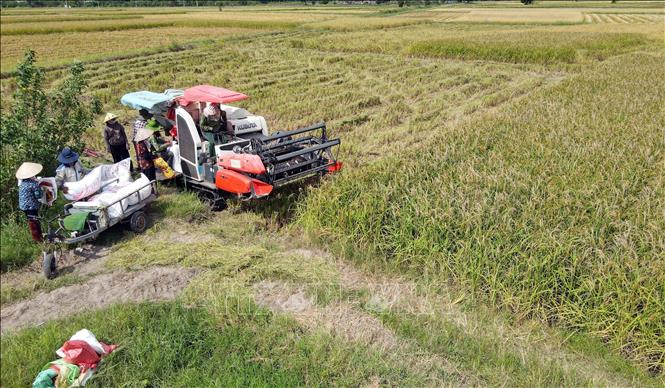
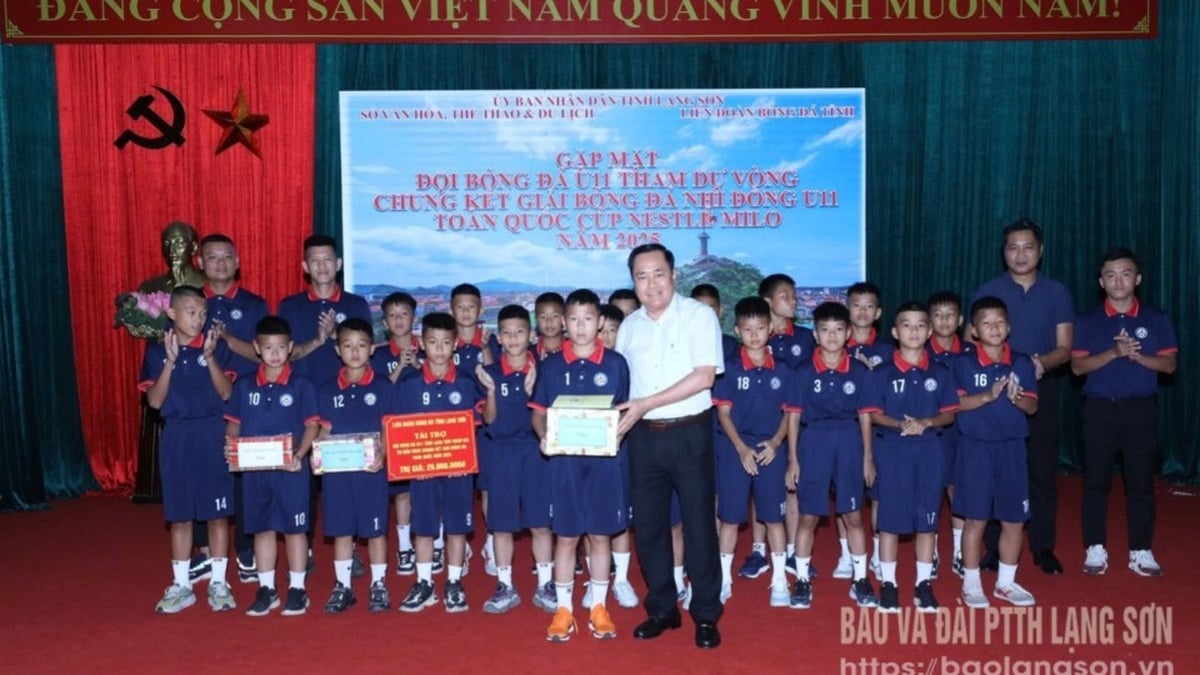
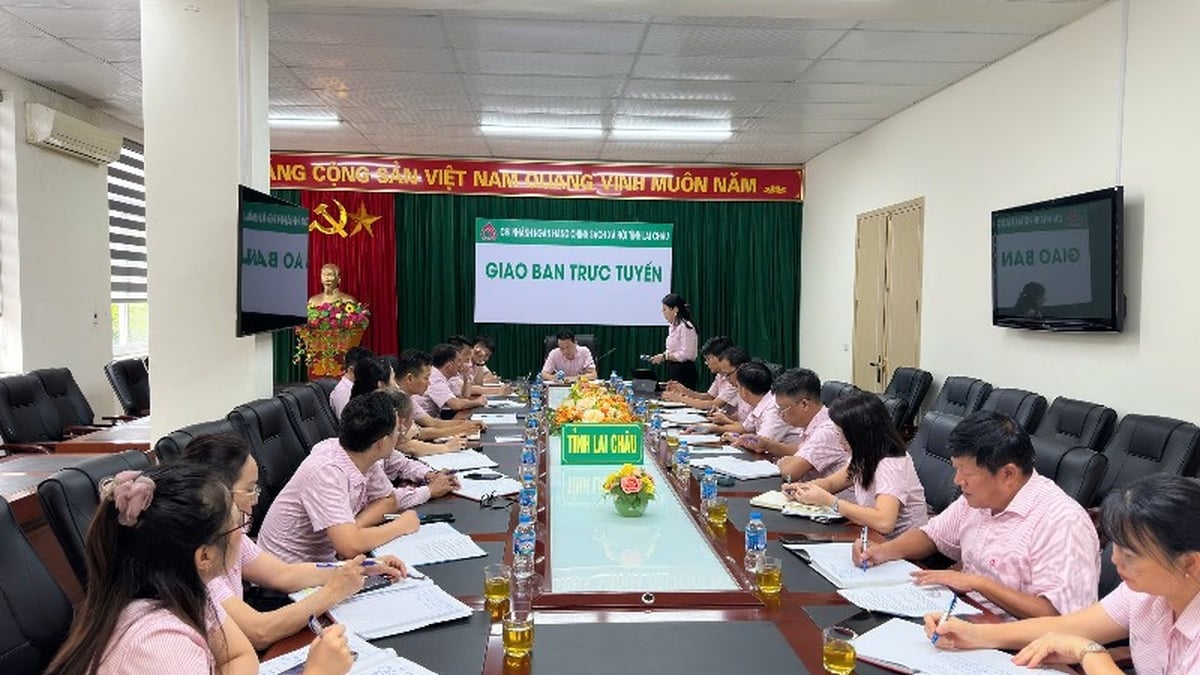
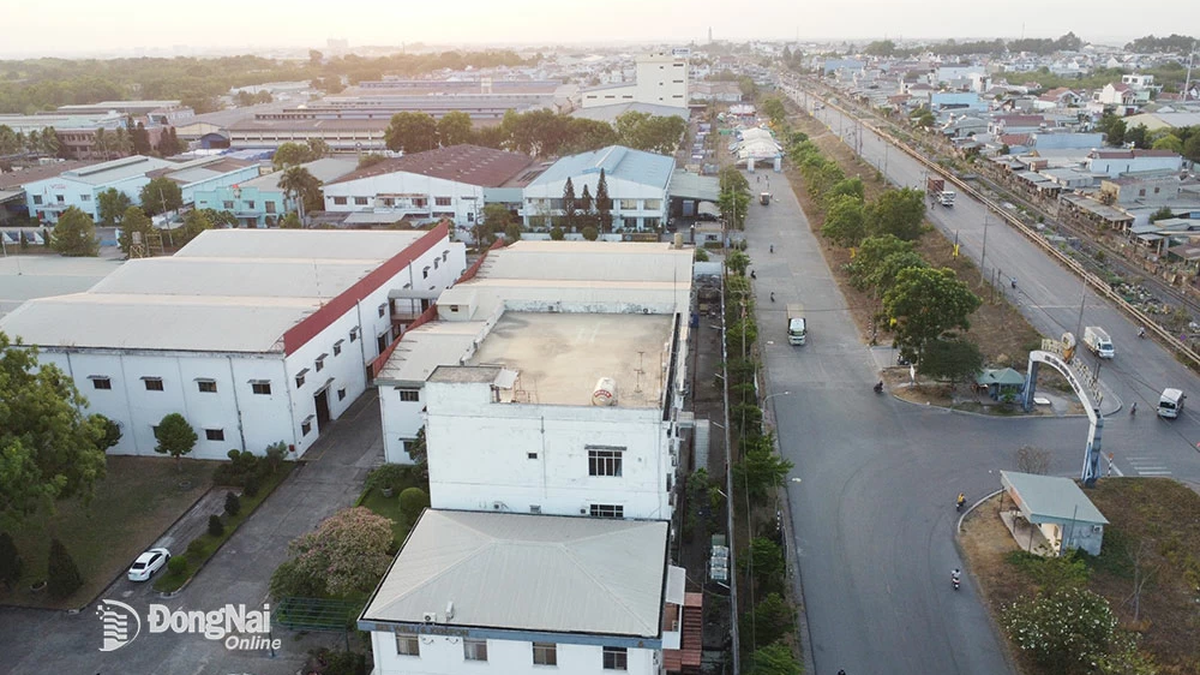
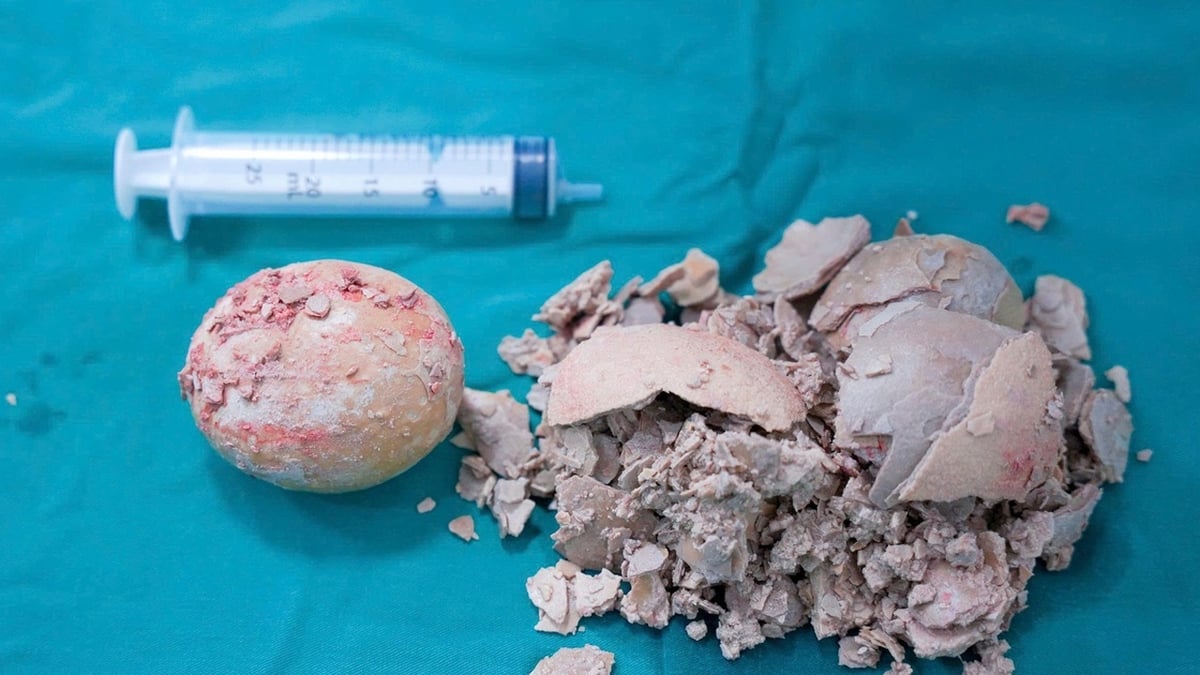

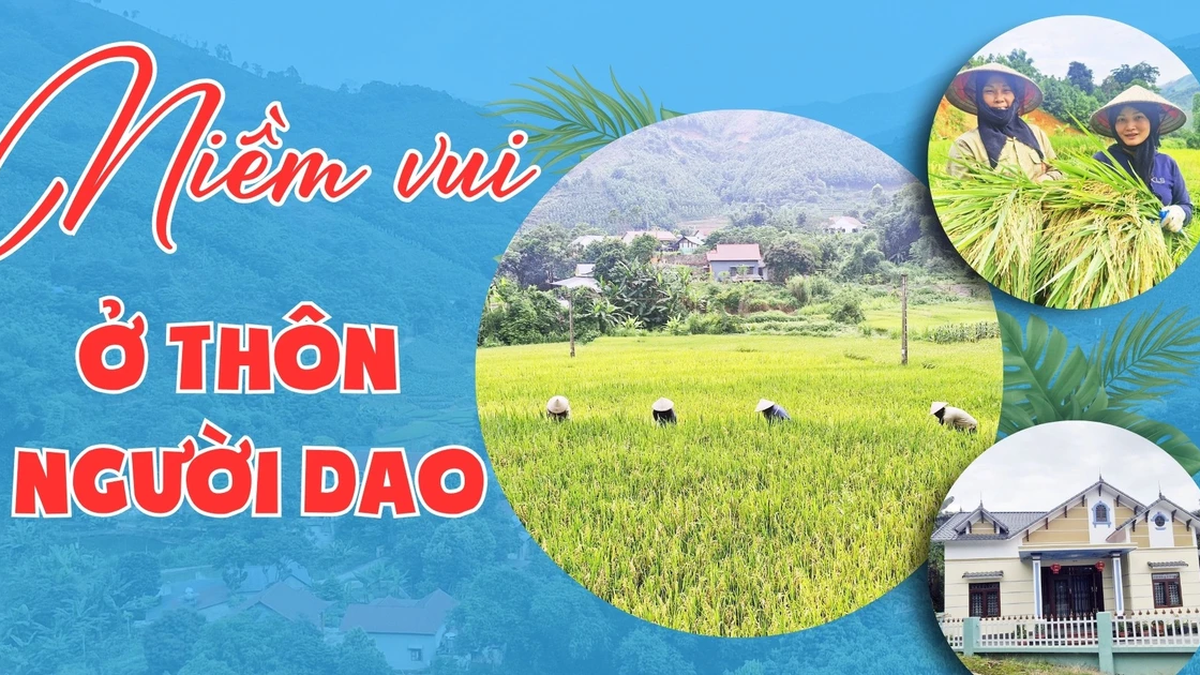

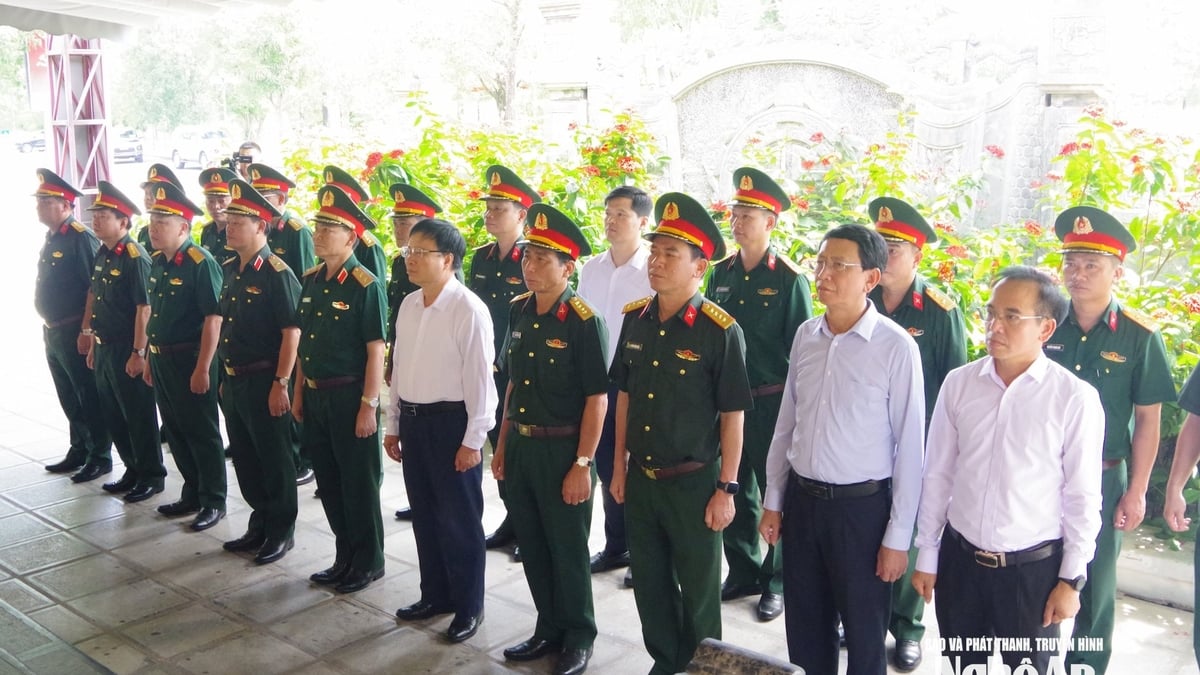
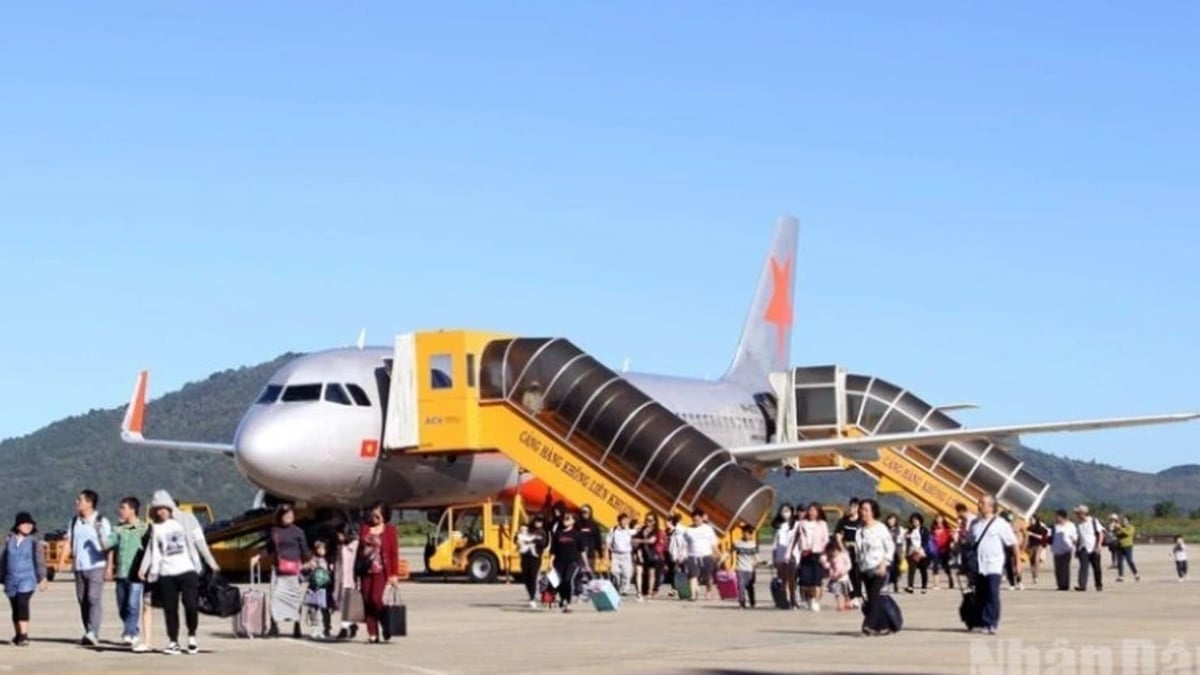
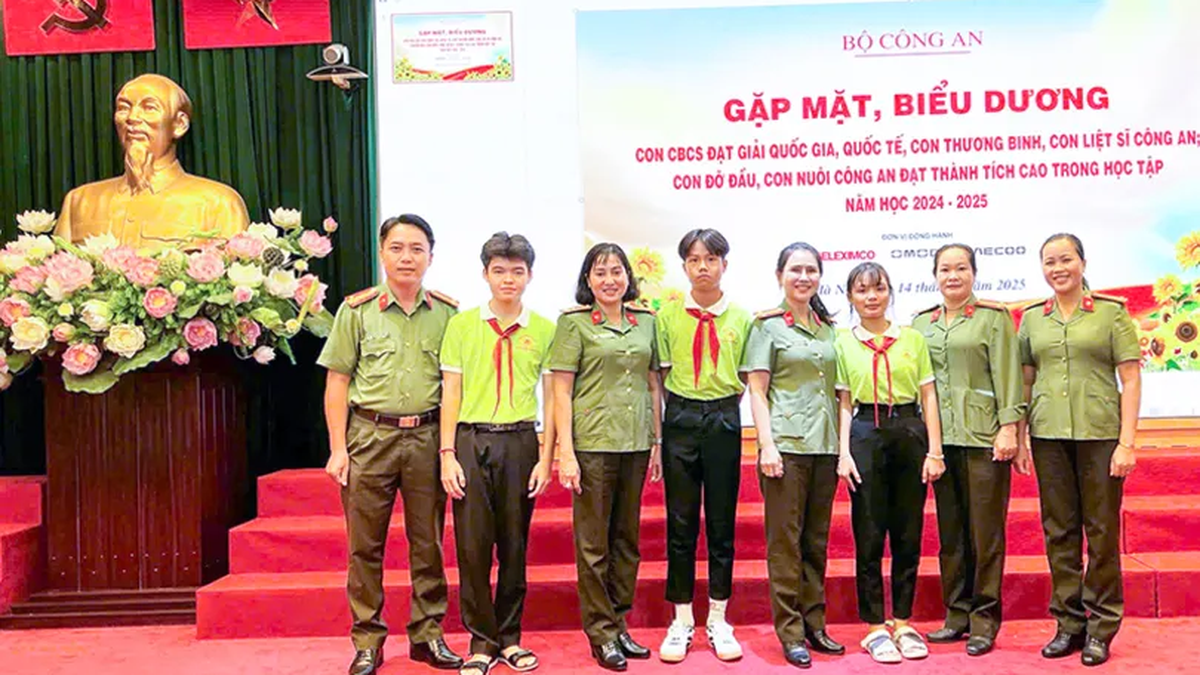








































![[Maritime News] More than 80% of global container shipping capacity is in the hands of MSC and major shipping alliances](https://vphoto.vietnam.vn/thumb/402x226/vietnam/resource/IMAGE/2025/7/16/6b4d586c984b4cbf8c5680352b9eaeb0)












































Comment (0)